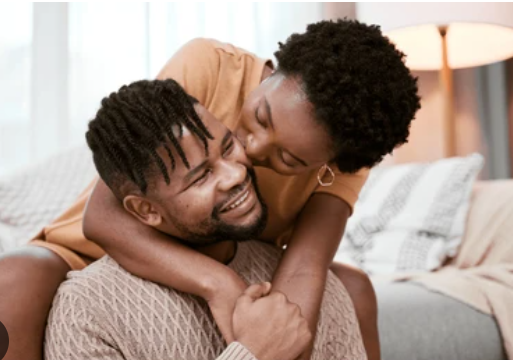
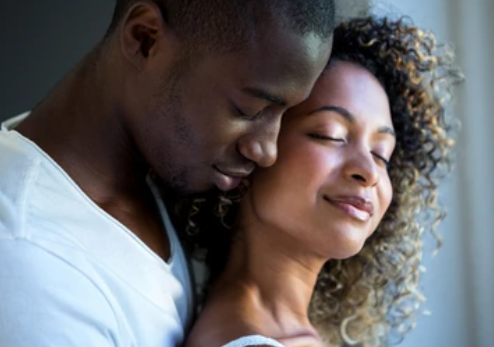
Love is a universal experience, yet how it is expressed can vary dramatically depending on cultural norms, values, and traditions.
While Dr. Gary Chapman’s concept of the five love languages—words of affirmation, acts of service, receiving gifts, quality time, and physical touch—applies across different societies, the ways in which they manifest can be deeply shaped by the cultural context. In Ghana, love is often demonstrated in a uniquely rich and communal way, where familial bonds and respect play key roles in how affection is communicated. So, what do these love languages look like when viewed through the lens of Ghanaian culture?
1. Words of Affirmation: More Than Just Compliments
When it comes to expressing love, words in Ghana often carry great weight, but not always in the way one might expect. While public declarations of affection can be less common, respect and praise are fundamental aspects of communication. Expressions like You are a good woman, or God bless you for your support, are frequently used to affirm one’s worth and contributions.
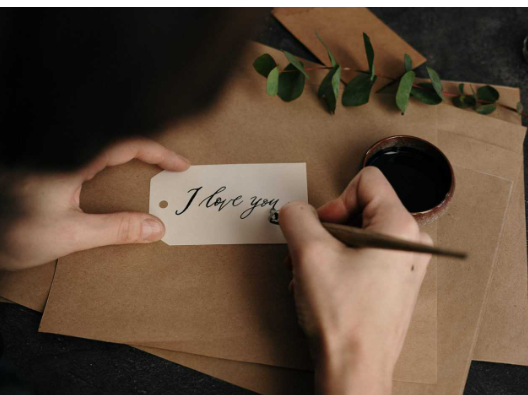
Ghanaians also have a rich tradition of using proverbs to communicate wisdom, respect, and love. Proverbs like Obi nkyere abofra k?t? y? wuo” (loosely translated as No one tells a child that the crab is dead) reflect the deep, often indirect, ways in which affection and love are expressed. These words of affirmation may not always be flashy, but they are deeply rooted in honouring the other person’s value and reinforcing the importance of the relationship.
2. Acts of Service: Love Through Duty and Care
Often, love in Ghana is shown through actions rather than words. “Doing for others” is a key principle in relationships, particularly in family life. For example, a husband might demonstrate his affection by providing for his wife and children or by making sure the home runs smoothly. Similarly, a wife might express her love through acts like preparing meals, looking after the children, or even helping her husband with his business.
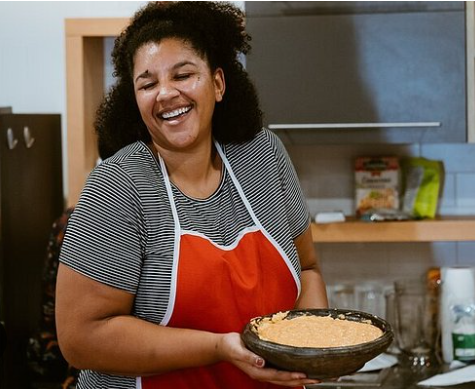
These actions are not just seen as daily responsibilities but as ways to nurture and show care for the people one loves. Beyond the nuclear family, the culture of communal care extends to the wider family. Extended family members, such as uncles or aunts, often provide support when a family is in need, offering help, financial support, or emotional guidance. This sense of communal responsibility underscores the idea that love isn’t just something you feel—it’s something you do for the people around you.
3. Receiving Gifts: Symbolic and Thoughtful Gestures
Gift-giving in Ghana transcends materialism; it is an important means of expressing love, respect, and honour. A man may gift his wife a piece of kente, a traditional handwoven cloth, not simply as a gesture of appreciation but as a symbol of his deep respect for her. The cultural significance of such gifts is immense—kente represents heritage, pride, and the weaving together of relationships. It’s not just the value of the gift itself but the thought and symbolism behind it that makes it meaningful.

The giving of a dowry is another example of how gifts play a crucial role in expressing love. When a man seeks to marry a woman, he often presents a bride price, known as tsofi, as a formal sign of his commitment and his intent to honour her and her family. This practice underscores the importance of commitment and respect in relationships and reflects the Ghanaian value of upholding traditions.
4. Quality Time: Shared Experiences and Connection
Time is perhaps one of the most precious gifts you can offer, partner. Spending quality time together is considered an essential part of any relationship. Whether it's sharing a meal with loved ones or attending a community event, the act of being together speaks volumes about your commitment. Family gatherings, where food, laughter, and stories are shared, are key settings where love is expressed. These moments help solidify bonds and create lasting memories.
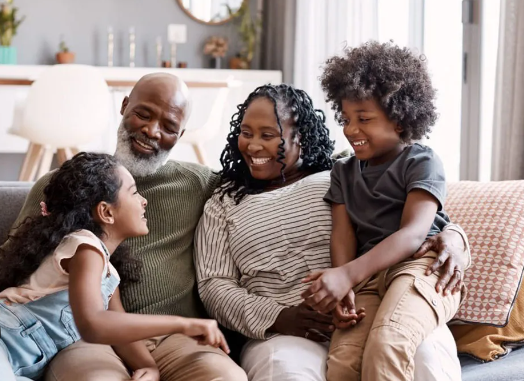
For couples, time spent together often involves simple, everyday activities that foster connection. Whether it’s attending church together, walking through the market, or just sitting together in the evening, these shared experiences create a foundation of mutual understanding and emotional closeness. Time spent with loved ones is regarded as a way of honouring their presence in your life, reinforcing the idea that love is not just about grand gestures but about the everyday act of being present for one another.
5. Physical Touch: Subtle Yet Powerful Affection
While public displays of affection may be more restrained in Ghana compared to some Western cultures, physical touch remains an important way of expressing love, particularly in intimate or family settings. A simple hug, a reassuring pat on the back, or holding hands in private can communicate care, support, and solidarity.

For many Ghanaians, physical touch serves as a reaffirmation of emotional connection. It's less about grand gestures and more about subtle, intimate moments of closeness. Whether it’s comforting a partner during a difficult time or offering a reassuring touch during moments of anxiety, physical affection becomes a quiet but powerful expression of love.
Love in All Its Forms
The expression of love in Ghana is multifaceted and deeply tied to culture, family, and respect. From the reverent words of affirmation to the nurturing acts of service, the thoughtful gifts, the shared quality time, and the comforting physical touch, Ghanaians demonstrate love in ways that are rooted in their values of community, honour, and commitment. Understanding these expressions can help us build stronger relationships, whether romantic, familial, or communal, and foster a deeper appreciation for the diverse ways people show affection across cultures.
By acknowledging the different ways love is expressed in the Ghanaian context, we can move beyond stereotypical notions of love and create more meaningful connections with those around us. After all, love is universal—but the ways in which we express it are as varied as the cultures we come from.
Read also: 5 powerful prayers for protection and safety for you and loved ones
Read Full Story


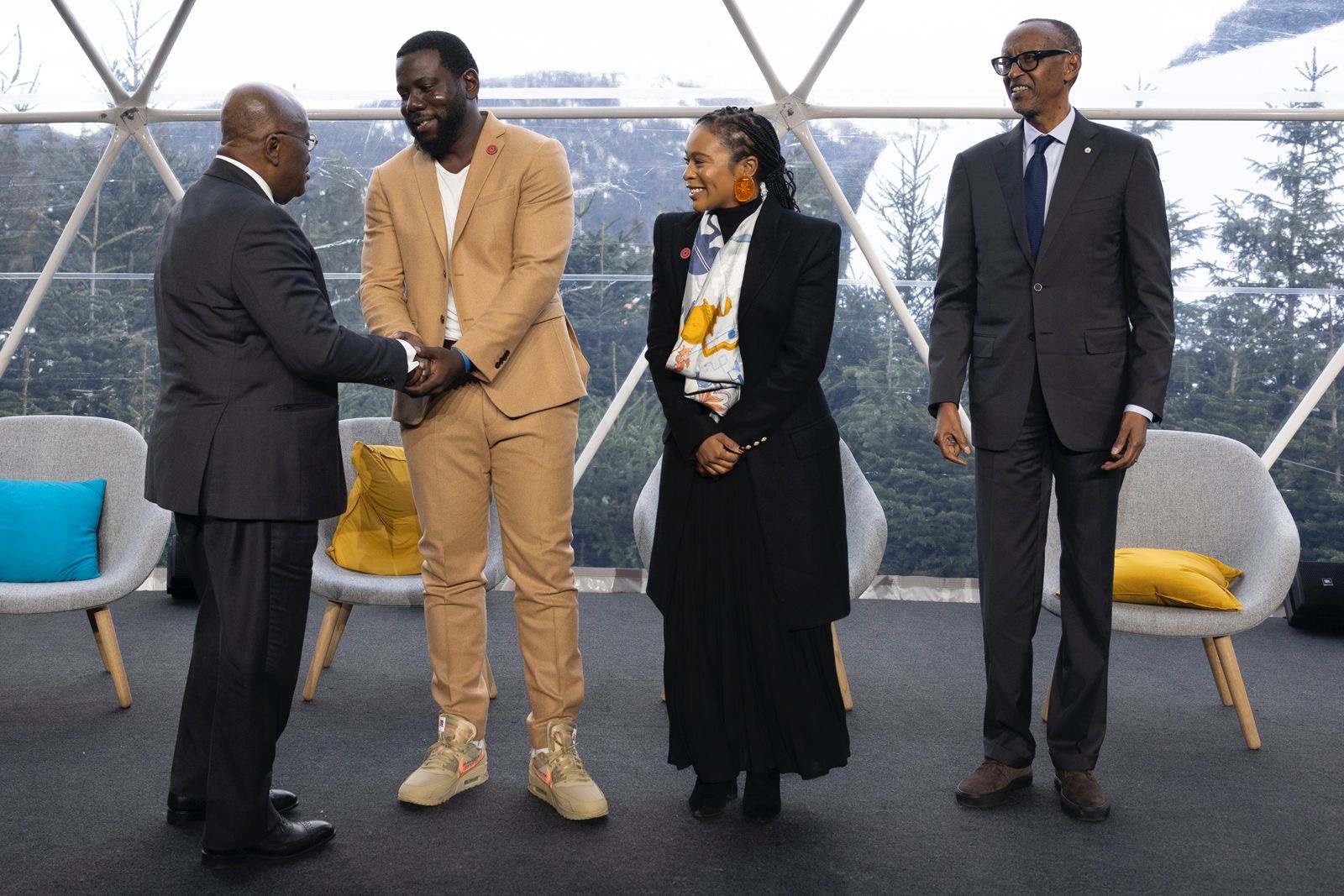
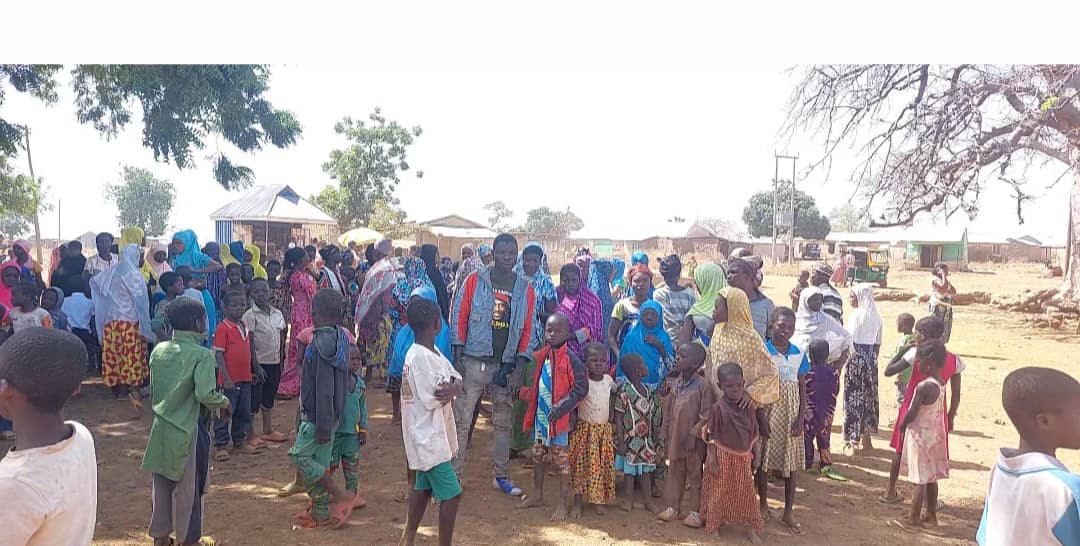







Facebook
Twitter
Pinterest
Instagram
Google+
YouTube
LinkedIn
RSS